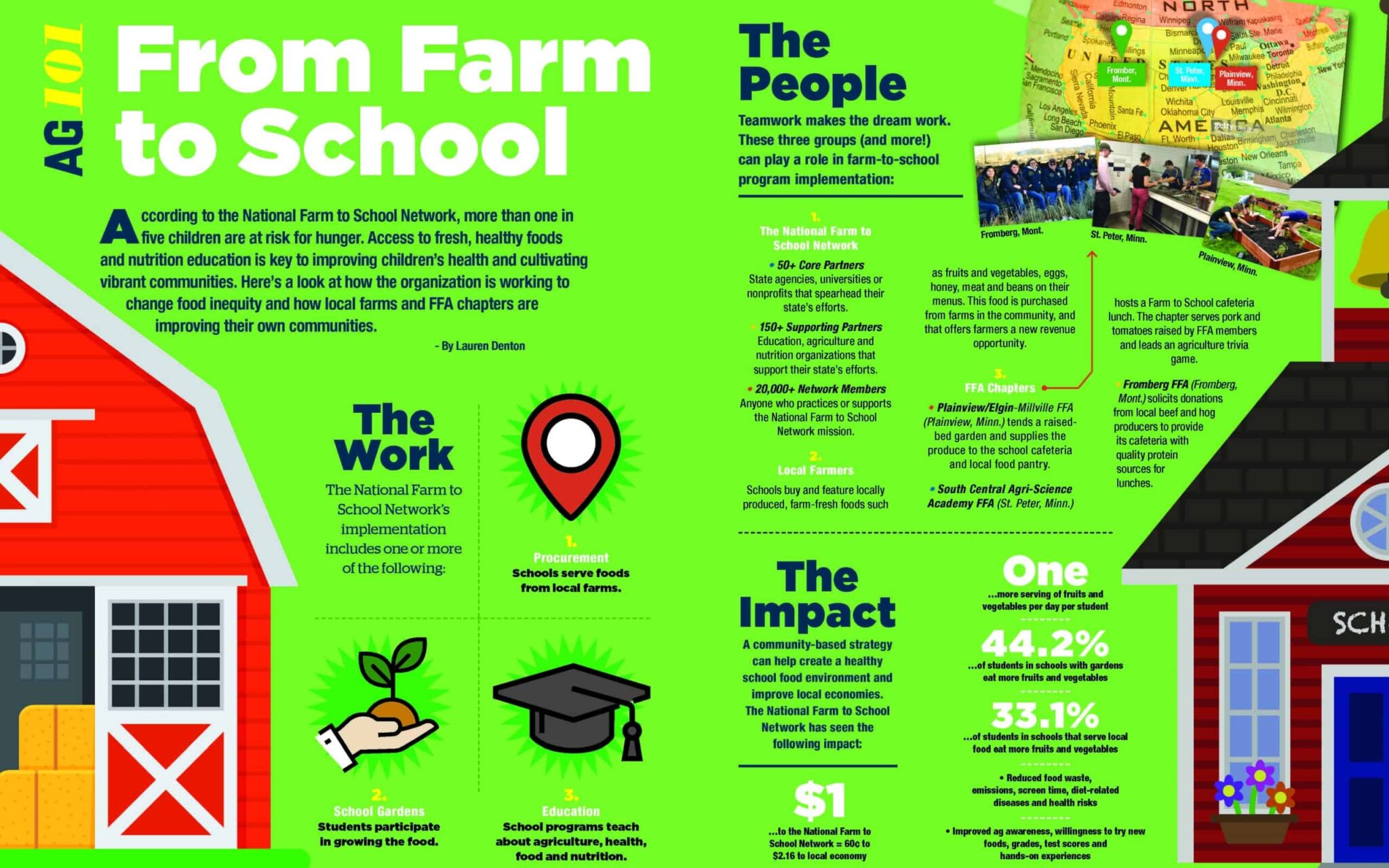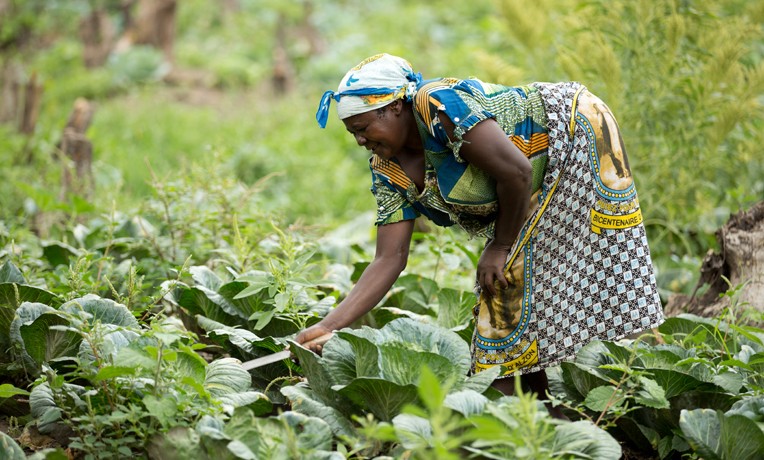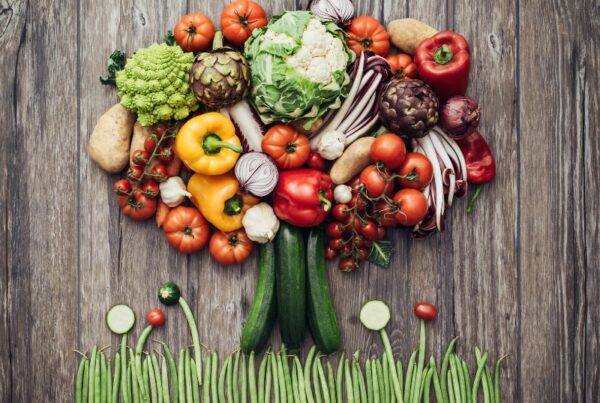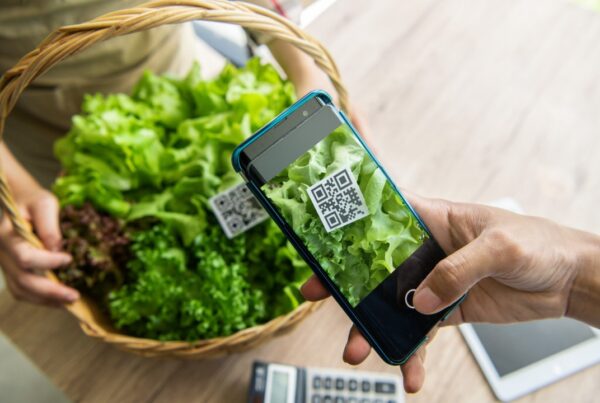Optimizing Food Systems for Healthy & Sustainable Access
In a world where millions of people suffer from hunger and malnutrition, it is crucial to establish effective food systems to ensure food security for all. These systems play a pivotal role in addressing the issue by connecting various actors sustainably and inclusively, such as farmers, producers, distributors, governments, and consumers. Food systems encompass all the processes and activities involved in producing, processing, distributing, and consuming food, forming a complex web of interactions between people, institutions, policies, and the environment. A well-functioning food system aims to provide safe, nutritious, and affordable food for everyone while ensuring the sustainability of natural resources. Food security comprises three interrelated dimensions: availability, access, and utilization.
a) Availability: A robust food system ensures an adequate and reliable supply of food. It supports farmers by providing them access to quality seeds, irrigation systems, and knowledge about sustainable farming practices. Additionally, it involves efficient transportation and storage mechanisms to minimize post-harvest losses.
b) Access: Facilitating income-generating opportunities within food systems is particularly crucial for ensuring individuals have both physical and economic access to nutritious food. These efforts involve creating fair and inclusive markets, where farmers and producers can thrive, and implementing social safety nets to support vulnerable populations. Moreover, promoting urban agriculture and community gardens can further enhance local food access, providing communities with the means to contribute to and benefit from sustainable and resilient food systems.
c) Utilization: Food systems play a vital role in promoting healthy eating habits and proper nutrition. Educating consumers about the benefits of diverse diets, reducing food waste along the value chain, and ensuring food safety standards are upheld are essential components of a well-functioning food system.
Roles and Responsibilities:
There are several key actors involved in building resilient and sustainable food systems:
a) Producers: Farmers and fishers are at the core of the food system. Supporting them with access to training, resources, and financial services will strengthen their productivity and resilience.
b) Governments: Policymakers are essential in creating an enabling environment for food systems. They must develop comprehensive policies to promote sustainable agricultural practices, invest in rural infrastructure, and prioritize nutrition-sensitive programs.
c) Consumers: Individuals can drive change through their dietary choices. Choosing locally sourced, seasonal, and sustainable food options can support small-scale producers and reduce the carbon footprint associated with long-distance transportation.
EXAMPLE: According to the Future Farmers of America (National FFA Organization), the establishment of a farm-to-school program at the regional or national level. would encourage the use of locally sourced fresh and nutritious produce in school meals, which will support local farmers and reduce the environmental impact of long-distance transportation. Additionally, the program could include educational components to create awareness about sustainable agriculture and healthy eating habits among students.

Building sustainable food systems is paramount to achieving global food security. By focusing on availability, access, and utilization, we can ensure that no one goes to bed hungry. It requires collaboration between all stakeholders and a collective effort to address the challenges faced by our food systems. At True Grade, a dedicated champion of sustainability and traceability, we are proud to be part of a team actively engaging with producers to address critical challenges in our food systems. Our collective endeavors play a pivotal role in establishing transparent supply chains that bolster economic development while fostering ethical and environmentally responsible food production. Together, let’s forge a path toward a future where the dream of food security becomes a tangible reality for all.







